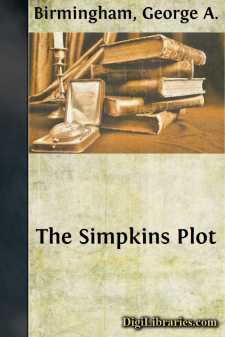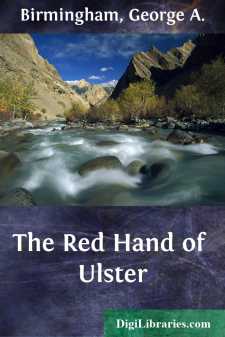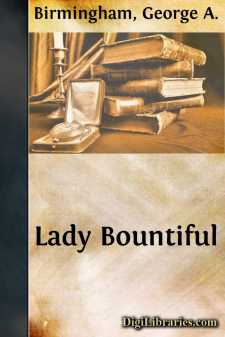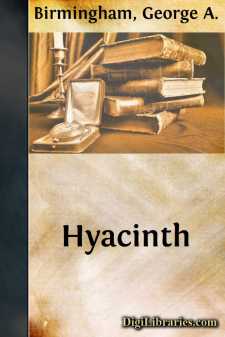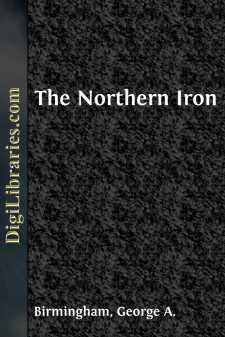Categories
- Antiques & Collectibles 13
- Architecture 36
- Art 48
- Bibles 22
- Biography & Autobiography 813
- Body, Mind & Spirit 142
- Business & Economics 28
- Children's Books 15
- Children's Fiction 12
- Computers 4
- Cooking 94
- Crafts & Hobbies 4
- Drama 346
- Education 46
- Family & Relationships 57
- Fiction 11828
- Games 19
- Gardening 17
- Health & Fitness 34
- History 1377
- House & Home 1
- Humor 147
- Juvenile Fiction 1873
- Juvenile Nonfiction 202
- Language Arts & Disciplines 88
- Law 16
- Literary Collections 686
- Literary Criticism 179
- Mathematics 13
- Medical 41
- Music 40
- Nature 179
- Non-Classifiable 1768
- Performing Arts 7
- Periodicals 1453
- Philosophy 64
- Photography 2
- Poetry 896
- Political Science 203
- Psychology 42
- Reference 154
- Religion 513
- Science 126
- Self-Help 84
- Social Science 81
- Sports & Recreation 34
- Study Aids 3
- Technology & Engineering 59
- Transportation 23
- Travel 463
- True Crime 29
The Simpkins Plot
Description:
Excerpt
CHAPTER I.
The platform at Euston was crowded, and the porters' barrows piled high with luggage. During the last week in July the Irish mail carries a heavy load of passengers, and for the twenty minutes before its departure people are busy endeavouring to secure their own comfort and the safety of their belongings. There are schoolboys, with portmanteaux, play-boxes, and hand-bags, escaping home for the summer holidays. There are sportsmen, eager members of the Stock Exchange or keen lawyers, on their way to Donegal or Clare for fishing. There are tourists, the holders of tickets which promise them a round of visits to famous beauty spots. There are members of the House of Lords, who have accomplished their labours as legislators—and their wives, peeresses, who have done their duty by the London season—on their way back to stately mansions in the land from which they draw their incomes. Great people these in drawing-rooms or clubs; greater still in the remote Irish villages which their names still dominate; but not particularly great on the Euston platform, for there is little respect of persons there as the time of the train's departure draws near. A porter pushed his barrow, heavy with trunks and crowned with gun-cases, against the legs of an earl, who swore. A burly man, red faced and broad shouldered, elbowed a marchioness who, not knowing how to swear effectively, tried to wither him with a glance. She failed. The man who had jostled her had small reverence for rank or title. He was, besides, in a hurry, and had no time to spend in apologising to great ladies.
Sir Gilbert Hawkesby was one of his Majesty's judges. He had won his position by sheer hard work and commanding ability. He had not stopped in his career to soothe the outraged dignity of those whom he pushed aside; and he had no intention now of delaying his progress along the railway platform to explain to a marchioness why he had jostled her. It was only by a vigorous use of his elbows that he could make his way; and it ought to have been evident, even to a peeress, that he meant to go from one end of the train to the other. His eyes glanced sharply right and left as he pushed on. He peered through the windows of the carriages. He scanned each figure in the crowd. At last he caught sight of a lady standing beside the bookstall. She wore a long grey cloak and a dark travelling-hat. She stooped over the books and papers on the stall before her; and her face, in profile as Sir Gilbert saw it, was lit by the flaring gas above her head. Having caught sight of her, the judge pushed on even more vigorously than before.
"Here I am, Milly," he said. "I said I'd be in time to see you off, and I am; but owing to—"
The lady at the bookstall turned and looked at him. She flushed suddenly, and then as suddenly grew pale. She raised her hand hurriedly and pulled her veil over her face. Sir Gilbert stared at her in amazement. Then his face, too, changed colour.
"I—I beg your pardon," he said; "I mistook you for my niece....


